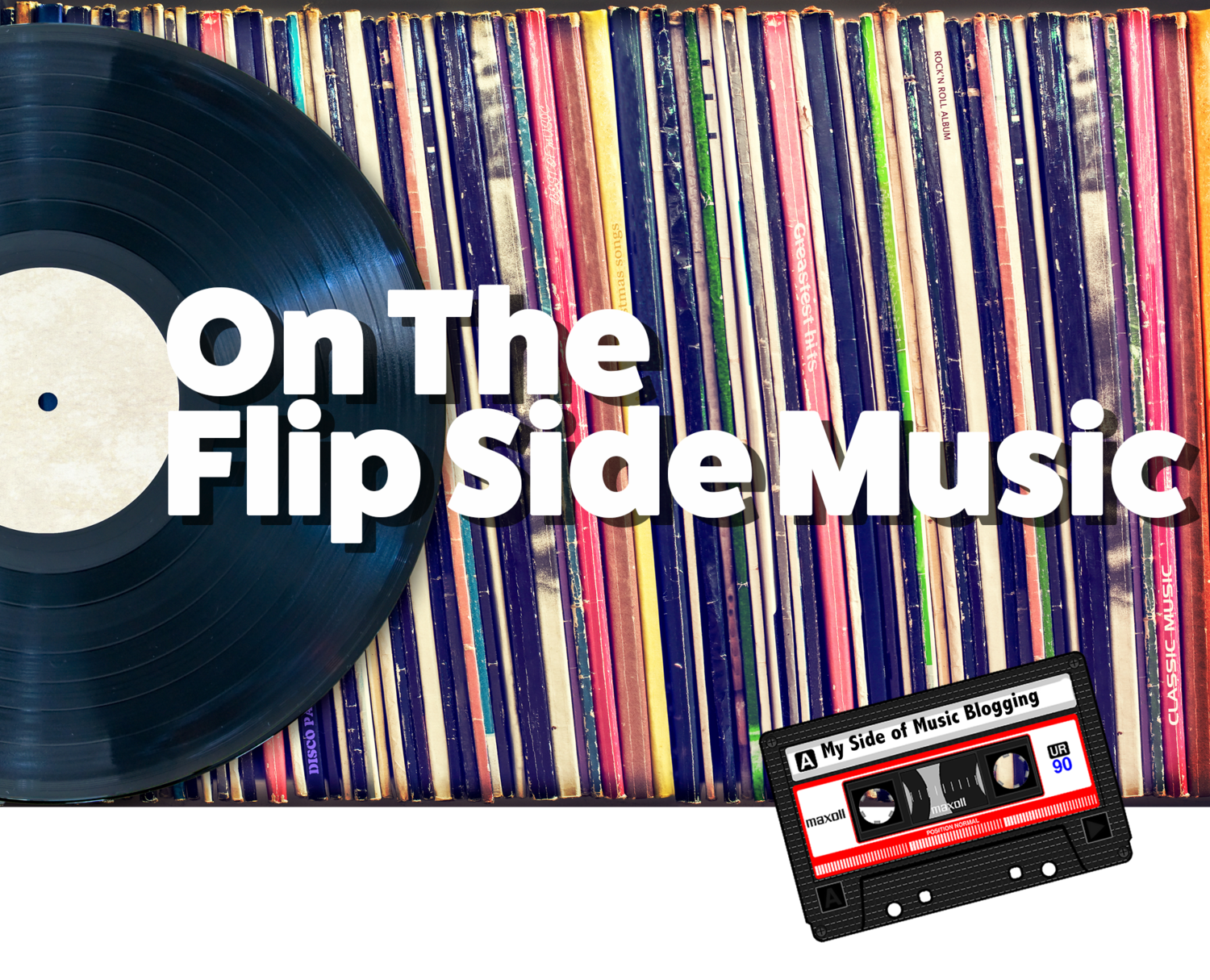Publishing Royalties: Independent Publisher Vs. Corporate Publisher
By Jessica Klausing
Let’s say that a major record label likes your song and has a recording artist sing it. They fill out a mechanical license agreement (refer to previous blog: Mechanical Royalties) to obtain the rights to record your song. That song is recorded, promoted, and it becomes a hit. If you are the songwriter, then you own the composition and should have the publishing rights worked out.
Music publishing includes many things from compositions of a single songwriter to the multinational affiliates of record companies, film companies, and media giants.
Publishing companies can be publicly owned, artist/writer owned, or retained and administrated by managers, lawyers, or even songwriters’ relatives or friends.
How are publishing royalties divided up for writers and publishers?
Many administrators will combine both the writer and the publisher share and then pay all those royalties to the publisher, so that the publisher can pay the writers accordingly.
Generally the royalties that are accrued from the usage of your music:
50% gets paid to the songwriter (s)
50% gets paid to the publisher (s)
There may be a special case where some collaborators decide whether or not it’s best to split everything evenly.
You do have options for publishing – self-publishing or going with a corporate publisher. There are pros and cons with each choice.
Corporate Publisher: The big publishing companies that make most of their income through performance royalties, sales, score, and part rentals.
Pros:
Handles promotion within its network of contacts, from retailers to music supervisors.
Preparation, production, distribution of music scores.
Passing on performance information to the Performance Rights Organizations (PROs).
Contract negotiations, both for commissions and performances.
Cons:
Owns the copyright and take a percentage of all royalties.
Owns the copyright and take as much as 90% of retail score sales.
Owns the copyright and controls your licensing.
Self-Publishing: Independent publishers carry out the same functions as the corporate publishers.
Pros:
You own 100% of the song’s rights.
You receive both the songwriting and publishing royalties.
Full control over where your music projects get placed.
You’re not limited to a term of service.
Cons:
You’re responsible for registering your work with a PRO.
Corporate publisher connections, like music supervisors, are not available to you.
Keep in mind, composition shares (songwriting and publishing splits) need to equal 100% for most PROs; unless the PRO calculates songwriting as 100% and publishing as 100%, which would create a 200% composition share.
Whether you decide to sign up with a corporate publisher or become your own publisher, make sure you understand the implications of each and what to expect in the long-term for your copyright.
SOURCES:
Borg, Bobby. The Musician’s Handbook: A Practical Guide To Understanding The Music Business. New York: Billboard Books, 2008.
Carey, Christian B. “The Pros and Cons of Self-Publishing.” Musical America Worldwide. 3 June 2014. 7 Feb 2019. https://www.musicalamerica.com/news/newsstory.cfm?archived=0&storyid=31861&categoryid=7
Obringer, Lee Ann. “How Music Royalties Work.” HowStuffWorks. 1 Feb 2019. https://entertainment.howstuffworks.com/music-royalties5.htm

